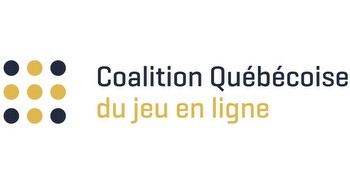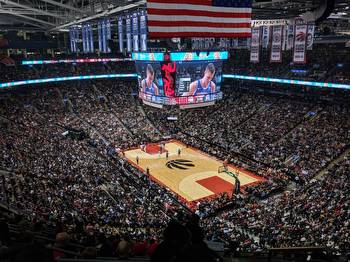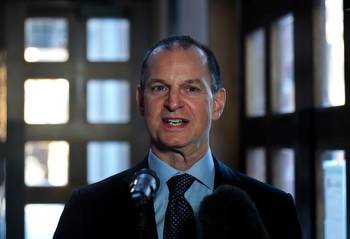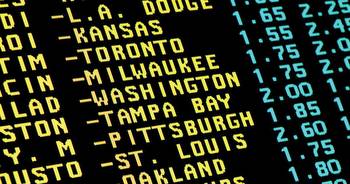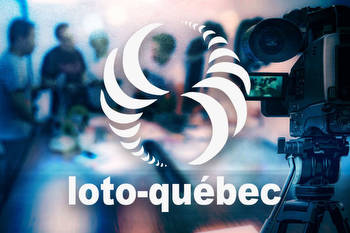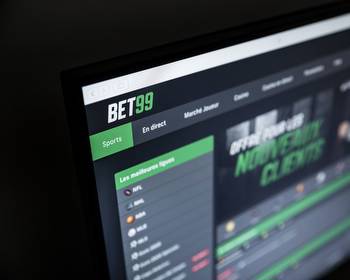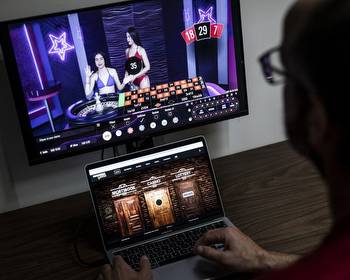Loto-Québec needs more tools to fight illegal online gambling, president says

Loto-Québec will always have two strikes against it in its fight against illegal online gambling if police forces and the federal government don’t play their part, the lottery agency’s president, Jean-François Bergeron, says.
“We’ve done our part, but there’s public security that has to do its part; there’s the federal government — because it’s a criminal law — the federal government also has to do its part,” Bergeron said Wednesday at the Chambre de commerce du Montréal métropolitain, where he gave a speech.
“We’re not putting pressure (on them) because we’re all on the same team, but they know. There’s work to be done,” he said.
While Quebecers are seeing all sorts of advertisements promoting free online gaming — which is legal — they’re all gateways to paid gambling sites, which are not.
It’s called the “grey market,” Bergeron said in his speech. “We all know that their business model is not based on free games.”
Except for horse racing and bingos, “if it’s not Loto-Québec, it’s not legal. There’s no ambiguity,” he said.
Among the changes Bergeron would like to see at the agency is streamlining its signup process, which requires age and other verifications, unlike illegal players that just need a credit card. “We have to simplify the process when a client comes to us, while remaining compliant. It’s complicated to open an account with us. It’s the first tipping point for players.”
Despite this challenge, Bergeron said Loto-Québec is “committed to competing with the illegal operators” and will continue improving what it has to offer.
“If Loto-Québec does not take its place, others will do so, and it won’t be with the same ethics, the same responsibility and certainly not to the benefit of Quebec,” he said.
That won’t be easy, with sports leagues that are increasingly associating with online gambling sites.
“We’re doing a tour of sports teams that advertise with these illegal operators to tell them: ‘listen, it’s true that the product they offer on TV is legal, but you know now. Last year, two years ago there was some ambiguity on these business models. Now we know that it’s not legal to have online gambling.”
Bergeron said sports teams and leagues that continue to associate with gambling sites should begin to reflect on their reputational risks.
Ottawa has learned, though a bit late and only in part, he said. Until recently, it was illegal to bet on single sports games, but legal to bet on a collection of them. “It’s only since Aug. 27 that the federal government authorized provinces to do that.”









